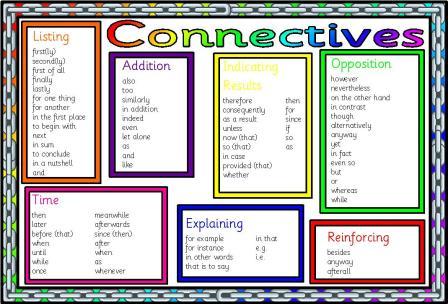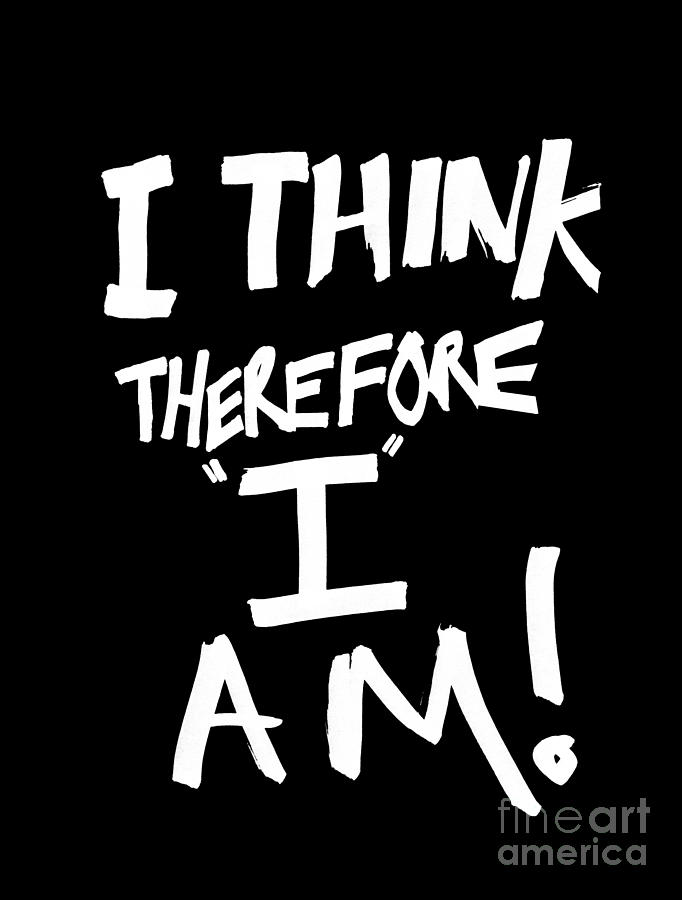Connectives that express Cause and Effect, Contrast and Condition
{Chapter 19 of the blue Azar}
Practice
Circle the words or phrases that can complete the sentences correctly. More than one can be correct in some sentences!
1. We delayed our trip (because / because of / due to) dad was sick with the flu.
2. Sue's eyes were red (due to / because of / because ) she had been crying.
3. The water in most rivers is unsafe to drink (because / due to / because of ) pollution.
4. Some people think Harry succeeded in business (due to / because of / because ) his charming personality.
5. It's unsafe to travel in that country (because of / due to / because of ) the ongoing civil war.
Practice
Combine the two sentences in italics in four different ways.
1. The store didn't have orange juice. I bought lemonade instead.
a) __________ because the store __________.
b) Because __________ , __________.
c) __________. Therefore, __________.
d) __________ , so __________.
2. There had been no rain for several months. The crops died.
a) Because __________ , __________.
b) __________. Consequently, __________.
c) __________. _________ , therefore, __________.
d) __________ , so __________.
You can even have students create their own two sentences ( Cause and effect ) and then have them combine both sentences.
Practice
Make logical completions by completing the sentences with is or isn't.
1. It's the middle of the summer, but the weather _____ very cold.
2. The weather _____ warm today even though it's the middle of summer.
3. Even though it's the middle of summer, the weather _____ very cold today.
4. Despite the fact that it is the middle of summer, the weather _____ very cold today.
5. It's the middle of summer, yet the weather _____ very warm today.
6. Despite the cold weather, it _____ the middle of summer.
Reading: Potatoes
Read
the passage about the history of potatoes.
Potatoes are so commonplace in most
parts of the world today that we take them for granted. In spite of the fact
that potatoes seem to be native everywhere, in the majority of places they have
been around for only about three hundred years.
The history of the potato began high
in the Andes Mountains of South America. The early people in the area
discovered and cultivated the potato about 7,000 years ago. The climate
conditions were bad and the soil was poor, yet the strong, durable potato grew
well there. It thrived despite the very thin air at the top of the Andes, where
it is almost impossible for vegetation to grow. Those early farmers appreciated
the potato because of its heartiness as well as its excellent nutrition.
No other people came into contact
with the potato until the 1500s, when the Spanish arrived in South America in
search of gold. Although the potato was easy to grow and very strong, the
Spanish did not like the plant very much. Nevertheless, they brought the potato
back to Europe with them.
In Europe, the potato was not popular
at first, and was eaten only by the very poor. Because potatoes are part of the
Nightshade family, people did not want to eat them. (Nightshade is a class of
plants which include some that are poisonous.) However, eventually people
realized that potatoes are not poisonous; they also discovered how easy it was
to grow them. Potatoes became a staple crop, particularly in Ireland. Among the
first to appreciate potatoes as food were the English sailors, who consumed
them on their long ocean voyages. That is how the potato reached India, China, and
Japan early in the 1600s.
In due course, the potato returned to
the New World, brought to the North American English colonies by the Irish
immigrants. Here, as elsewhere, its popularity grew. While at first considered a food for ordinary
people, it had been elevated to a much higher status by the French. Now the
potato is grown from China to the United States, from Russia to Kenya, from
Argentina to Canada, and to 100 more countries.
The United Nations officially
designated the year 2008 as the International
Year of the Potato so that the
benefits of potatoes could be promoted world wide. Since a lot of potatoes can
grow on very little land, it is an efficient crop. The United Nations predicts
that the world’s population will increase by hundreds of millions in the next
decades; therefore, efficiency in the use of land is necessary.
Nutritionally, too, potatoes are
valuable. They are an excellent source of energy due to their high carbohydrate
and protein content. They also have a lot of potassium and Vitamin C, the
ingredient that kept sailors’ gums healthy on those long-ago ocean voyages.
Potatoes are now the world’s fourth
largest crop, after rice, wheat, and maize. If the United Nations succeeds in
its promotion of potatoes, they will become an even larger crop, and
consequently, more easily provide food for more people.
SO versus TOO
I am so tired that
I can’t move. I am too tired to move.
Here are more
examples.
This
coffee is so hot that I can’t drink it. This
coffee is too hot (for me) to drink.
The suitcase was so heavy that I couldn’t lift it. The suitcase was too heavy
(for
me) to lift.
1. That car is so expensive that I
can’t buy it.
___________________________________________
2. It is so dark in here that I
can’t see.
___________________________________________
3. This music is so loud that we
can’t talk. (“for us”)
___________________________________________
Change the
following sentences to the “so” pattern.
1. I was too excited to sleep.
___________________________________________
2. This movie is too boring to
watch.
___________________________________________
3. His story was too strange for me
to believe.
___________________________________________





No comments:
Post a Comment